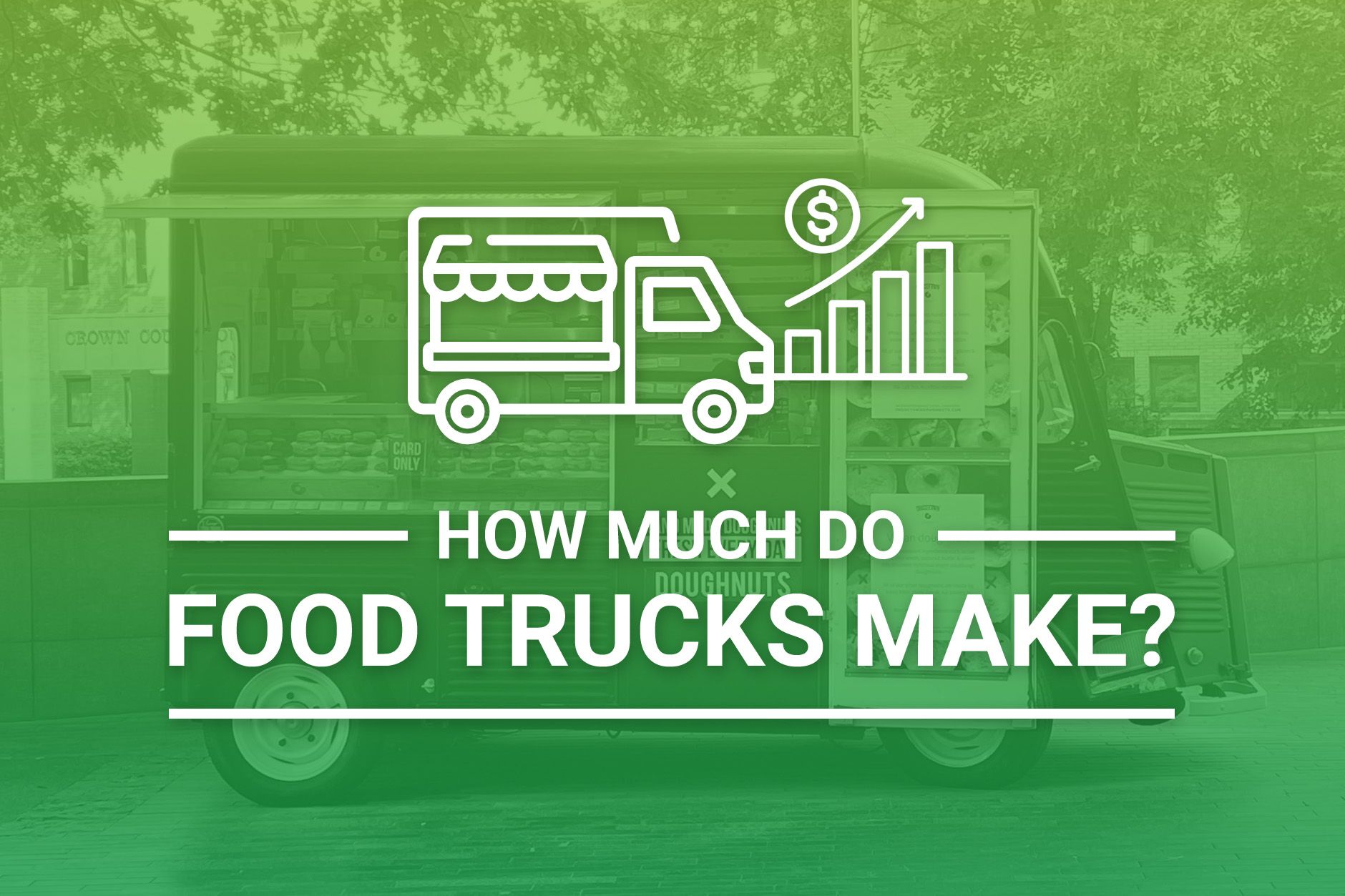A host – or hostess – is the first person that guests see when they walk into your restaurant. They are responsible for greeting guests, managing the seating chart and a wait list, handling reservations, seating customers, and communicating with patrons. Depending on how your restaurant operates, they may also perform tasks like wrapping silverware, cleaning during their shift, and preparing to-go orders.
At Budget Branders, we work with restaurants throughout the United States to help them improve their marketing efforts. Our custom-printed cups, bags, coffee sleeves and other disposable products are a great way to advertise your business for minimal added cost. To learn more or for a quote, reach out today.
Host or Hostess Job Duties
Traditionally, a female employee who performs this job is referred to as a hostess, while host is often used for male staffers. For many restaurant owners, “host” is a gender-neutral term that can be used for anyone who holds the position.
Hosts are most frequently seen at restaurants that offer sit-down service, including buffet restaurants. Their role is important: they make sure that guests are seated, that tables are evenly distributed between sections, and handle wait lists and reservations. Typical duties include:
- Greeting guests and welcoming them to the restaurant, which helps to set the tone for the entire experience;
- Taking and managing reservations. This is typically done using an online reservation system, a platform like OpenTable, or an old-fashioned reservation book;
- Answer phone calls, including for reservations, guests who are running late or who need directions, or for general questions;
- Managing a wait list. During peak times, a restaurant may have a line – particularly if they don’t take reservations. A host or hostess can manage the wait list, including accurately communicating wait times to patrons;
- Managing the seating chart, which involves allocating them to the correct section and escorting them there. A good host or hostess will be sure to fairly distribute patrons so that no one server is overloaded and that all servers have sufficient tables to cover;
- Seating guests and distributing menus;
- Communicating with customers, including answering questions about the menu or taking special requests for seating;
- Cleaning and performing other small tasks, such as wiping down menus, wrapping silverware in napkins and sweeping; and
- Assembling and handing off to-go orders.
Of course, each restaurant is different, and you may need your host or hostess to take on other tasks. When writing a job description, be clear about your expectations so that you can hire someone who is a good fit for the position.
Qualities to Look for in a Host or Hostess
So what should you look for in a host or hostess? As an initial matter, they should be friendly and personable. While there is nothing wrong with being quiet or introverted, you don’t want a host or hostess who is afraid to talk to people.
Ideally, your host or hostess will be welcoming and outgoing, with an ability to talk to anyone. They should also be able to communicate with people appropriately and be relatively calm. The host or hostess is often the first person that customers complain to, especially if there is a wait for tables. The ability to handle angry guests with grace is crucial.
Next, a host or hostess should be able to handle high-pressure situations. While working the front of the house isn’t the same as being in the kitchen when it is slammed, it can still be hectic. When there is a line of customers that want to be seated, the wait staff is in the weeds, and no one is happy, your host or hostess will need to multitask and handle the stressful situation properly.
At the same time, a candidate for a host or hostess position should have compassion and empathy. Let’s face it: customers can get cranky, especially when they’re hungry or tired and don’t want to wait to be seated. A host or hostess should be able to understand these issues, smooth over any tension, and manage expectations about wait times. They should also be able to handle seating arrangements and special requests.
Next, a host or hostess should understand that they are part of a team. There may be downtimes when they don’t have much to do. They should pitch in to help their coworkers where necessary, either by spotting something that needs to be done and taking the initiative, or by doing something when asked to do so.
A host or hostess must also be detail-oriented and well-organized. They need to understand the big picture so that they can effectively manage the flow of guests AND server workloads. This may require more than just looking at a seating chart; they may need to walk around the restaurant to see if diners are finishing their meals or checking in with the servers. While technology can help with this task, a good host or hostess also needs to have the ability to manage this on their own. After all, the internet can fail and tech can be wonky – so it pays to hire a host or hostess who has great organizational skills.
Hosts and hostesses earn, on average, $12.50 per hour or $26,000 per year. If they’re good at their job, then their salary will be money well spent.
How Budget Branders Can Help Your Restaurant Thrive
Budget Branders offers high quality custom disposable products to independently-owned restaurants, bars, and coffee shops. All of our products can be printed with your restaurant’s name and logo, which can help to expand your marketing efforts when customers pick up a to-go order, take food home, or snap a picture of their drink to post on social media. Our products are available at prices and in qualities that work for small to medium-sized businesses, making it possible for restaurants of any size to have custom branded disposable products.
Want to learn more? We’re happy to talk you through the process or help you with a quote. Just, press the live chat button to talk to someone about a product quote. You can also fill out our online contact form to request a quote for custom branded disposable products.





















